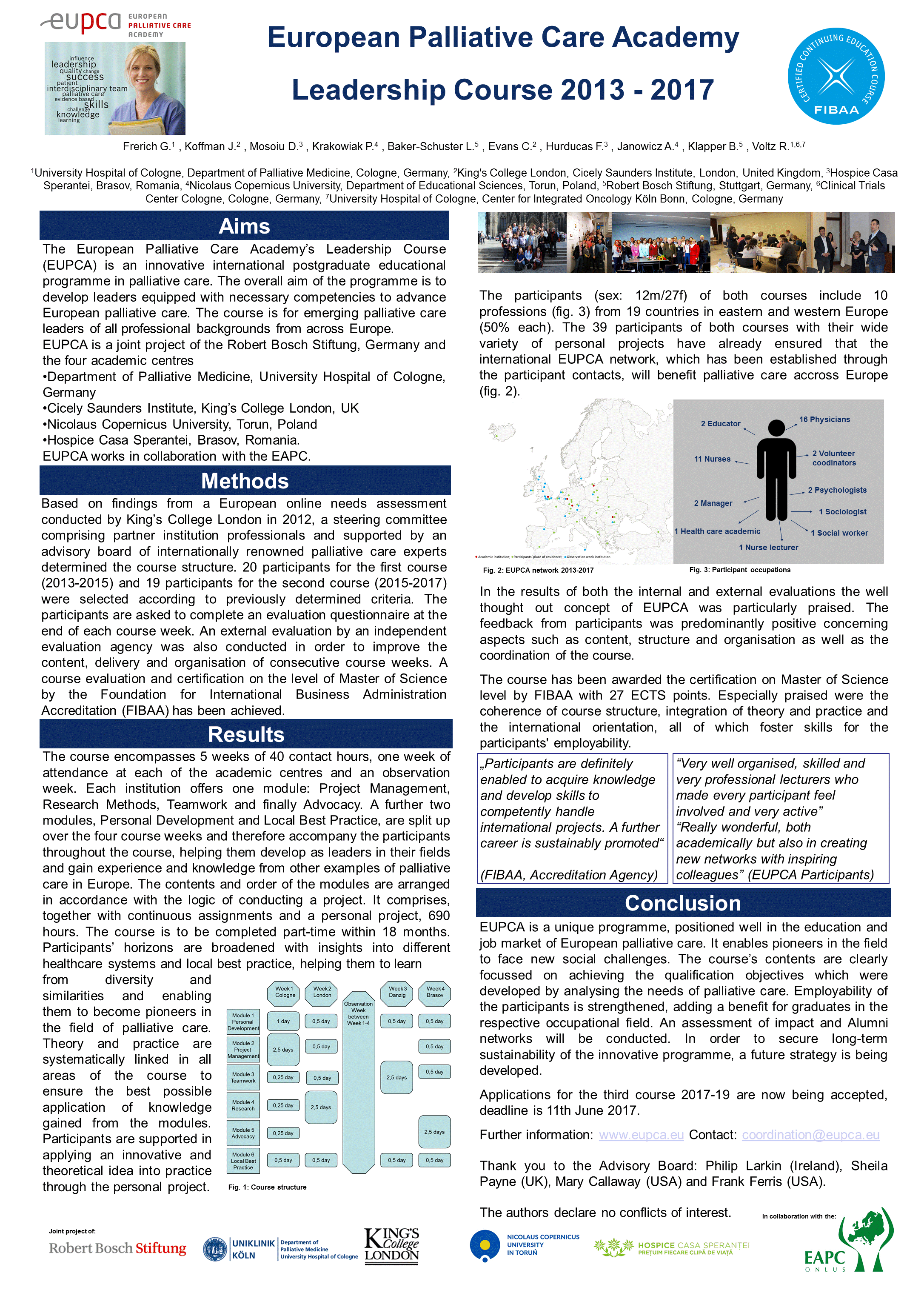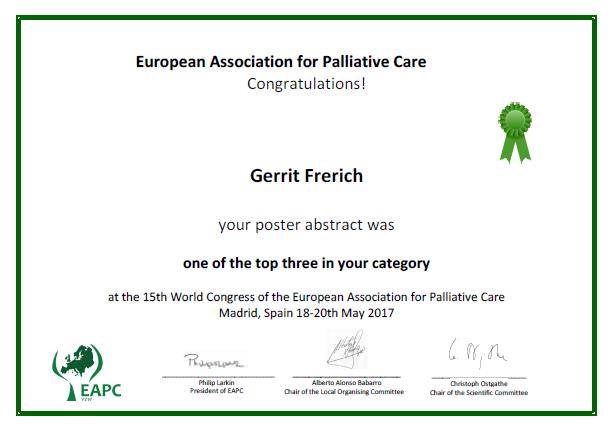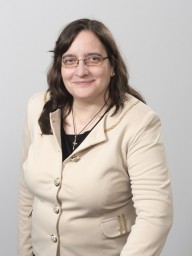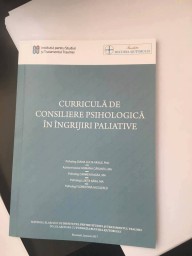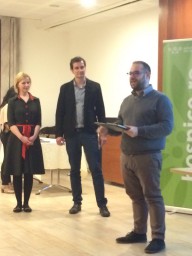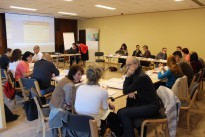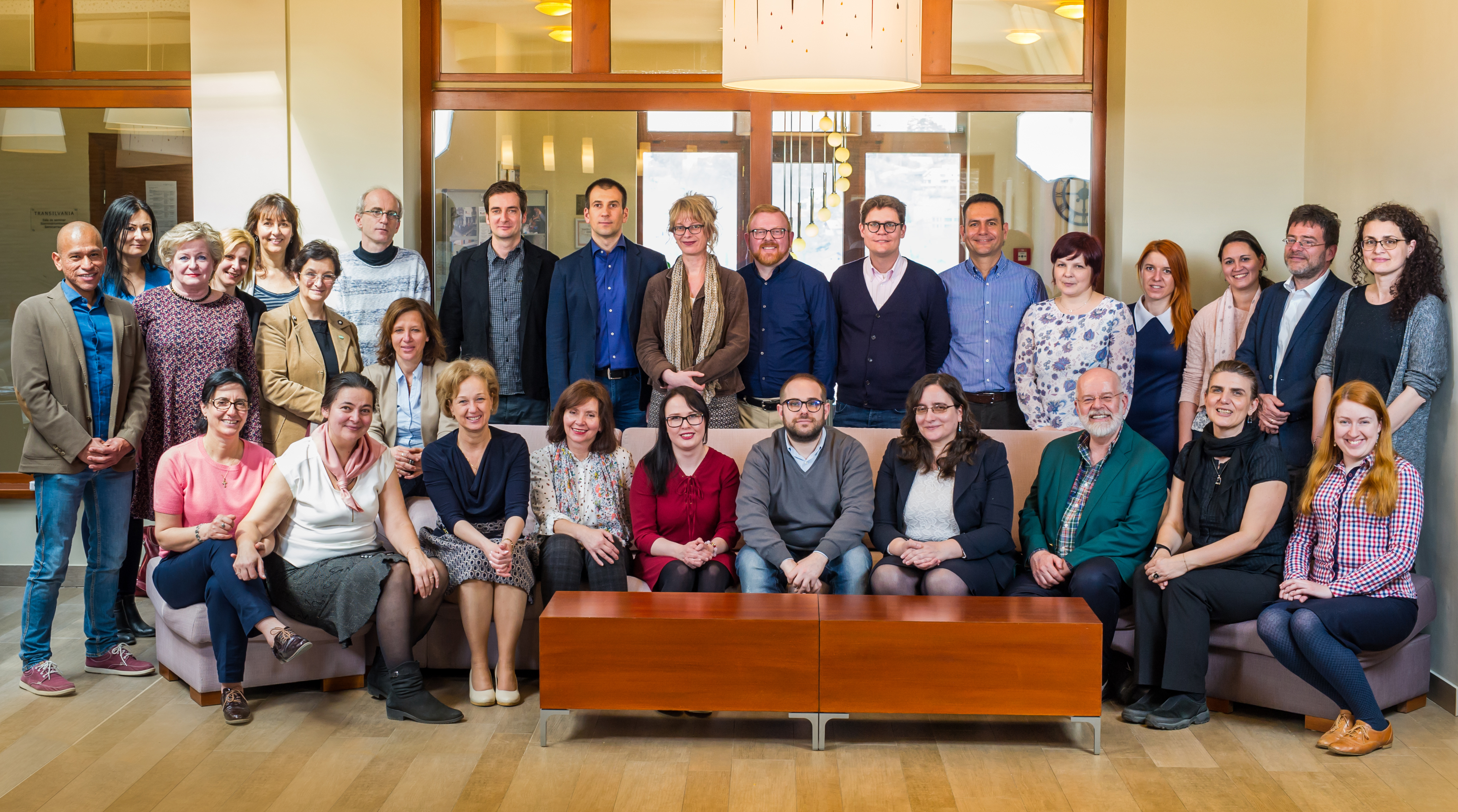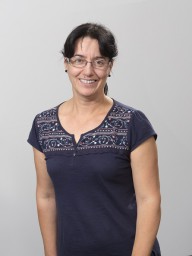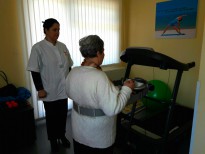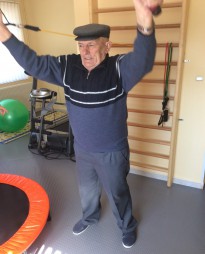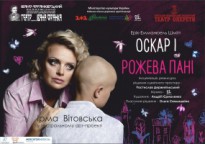We are proud to present you this year’s winner of the Award for Palliative Care Leadership Programmes – and it is not only one but two winners:
Prof. Julia Downing (Uganda) and Leena Pelttari (Austria).
The award was presented at the 15th EAPC World Congress in Madrid by Prof. Philip Larkin on behalf of the EAPC and Prof. Raymond Voltz on behalf of the EUPCA.
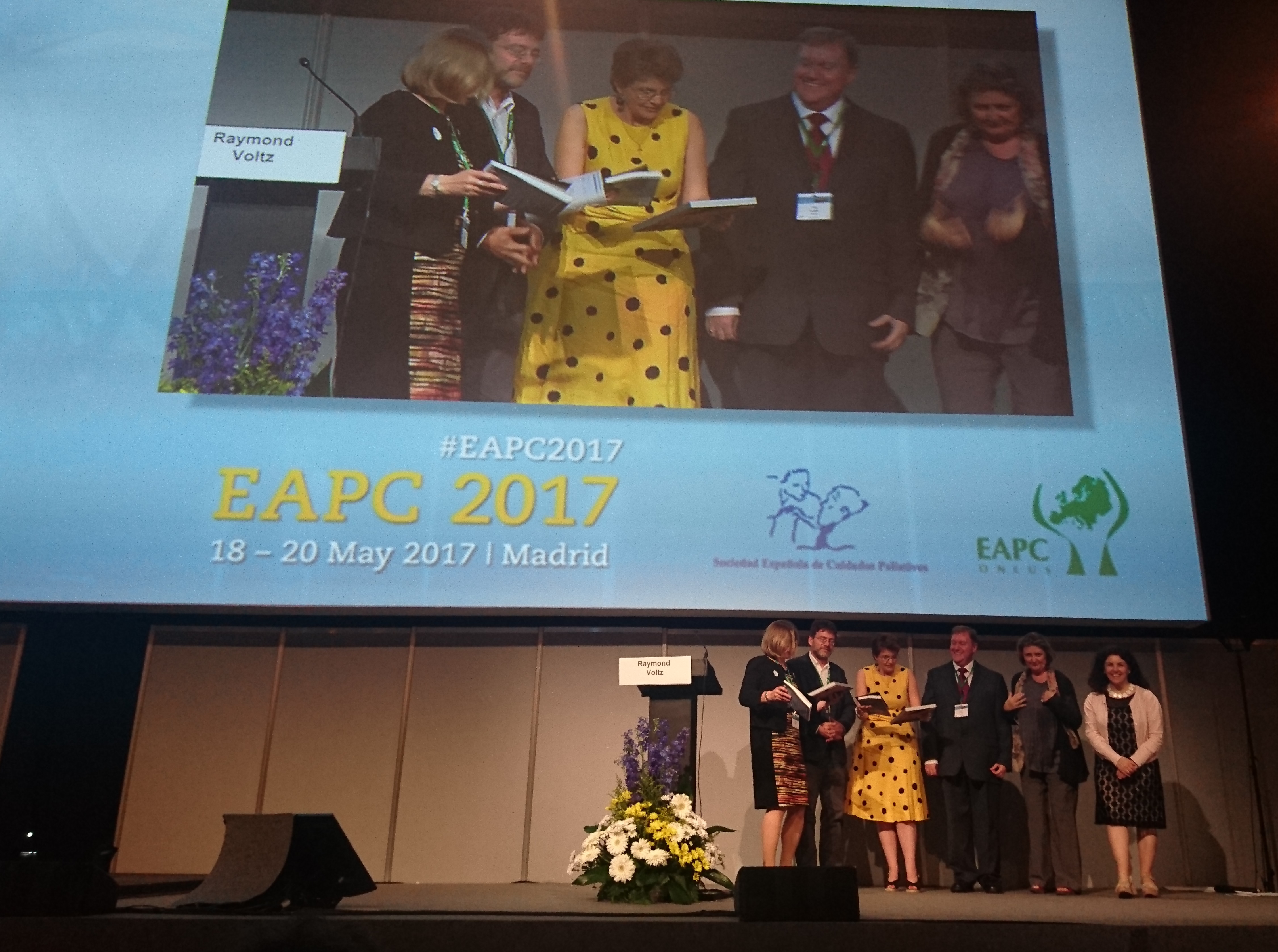
About the winners and their programmes:
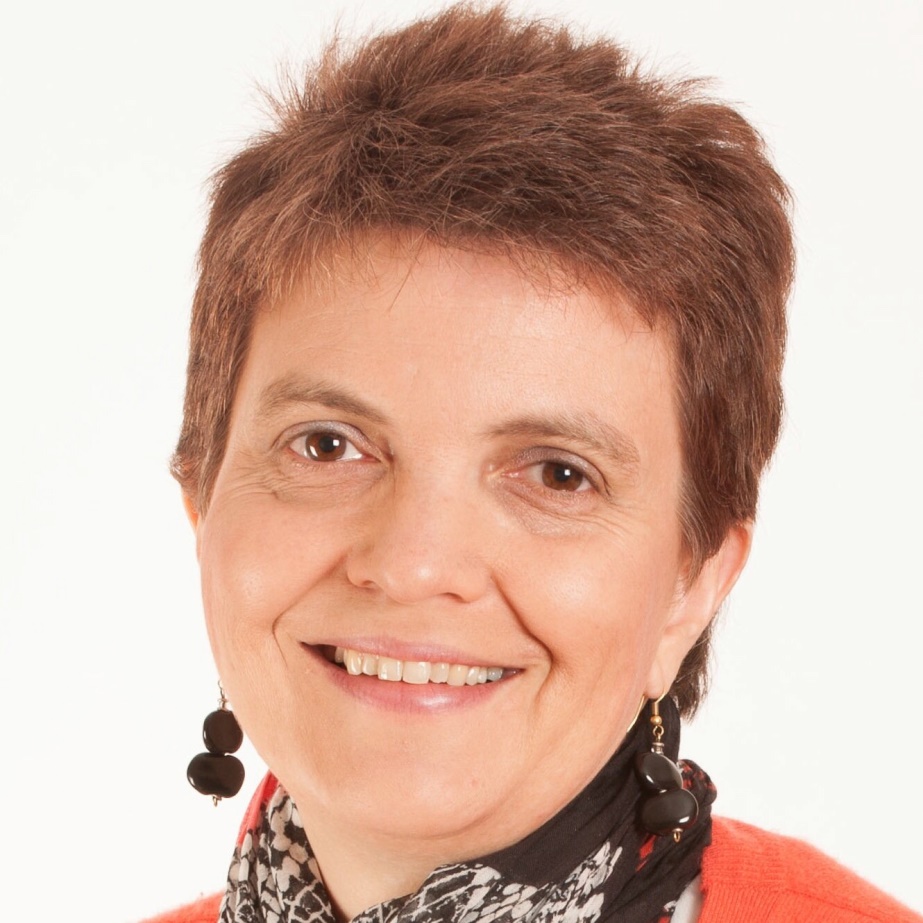
Prof. Julia Downing serves on the boards of several international NGOs, is Chief Executive of the International Children’s Palliative Care Network and is an Honorary Professor at Makerere University, Kampala, as well as a Visiting Professor at several Universities, and a Honorary Research Fellow with the Cicely Saunders Institute of Palliative Care, Policy and Rehabilitation, at King’s College London (England).
Prof. Downing is implementing the Uganda Palliative Care Nurse Leadership Fellowship Programme. This programme develops nurse leaders who will be confident, skilled, resilient and empowered.
It takes place over 18-months, consisting of three one-week intensive training modules in Kampala, Uganda follwed by ongoing mentorship and supervision. The participating nurses are involved in developing and implementing leadership action plans. The 3 modules instruct them in personal development as a leader, how to lead a project and general leadership competencies. Nurses play a key role in the provision of palliative care in Uganda and needs assessments have shown a need for the development of nurse leadership skills.
For more information visit: https://www.ed.ac.uk/global-health/research-projects-communities-of-practice/themes/care-pathways-and-systems/uganda-nurse-leadership-programme
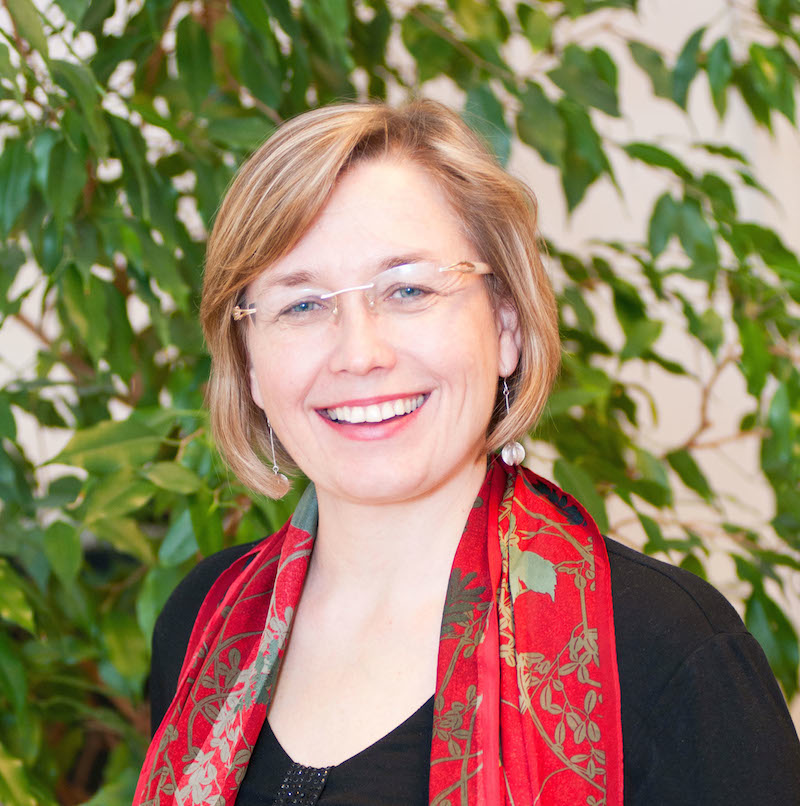
Leena Pelttari is CEO of the umbrella organisation Hospice Austria, serves on the board of the Master of Science in Palliative Care at the Paracelsus Private Medical University and as Co-Chair of the Taskforce for Volunteering in Hospice and Palliative Care at the European Association of Palliative Care (EAPC).
She ist implementing the Master of Science in Palliative Care. This Master’s Programme is an interdisciplinary educational programme offered in different parts of Austria and created in cooperation with the Paracelsus Private Medical University, Hospice Austria, the Austrian umbrella organization for hospice and Palliative Care organizations, and St. Virgil Salzburg.
The main aim of the programme is not only to qualify health and social care professionals in palliative care, management and leadership, but also to develop new institutions and improve existing structures. The Master has been running since 2006 and contributes to futhering the development of palliative care in the German speaking world. Master’s programme is accredited by the agency for quality assurance and accreditation AQ Austria, and they received an Award for Science and Research from Salzburg in 2014.
For more information visit: https://www.ulg-palliativecare.at/
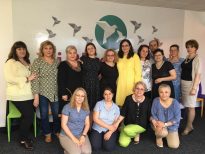 The first training course based on the psychological counseling curriculum in palliative care has recently ended in Bucharest, Romania. The course was structured into five modules which took place in June and July 2017. Adriana Caruntu was a lecturer in the first module. The second and third module were supported by the psychologist Mrs. Diana Vasile. Mrs. Florentina Nicolescu gave support in the fourth module and Mrs. Luxita Bara in the fifth module, both are psychologists, too. The course was considered a success for both – lecturers and participants.
The first training course based on the psychological counseling curriculum in palliative care has recently ended in Bucharest, Romania. The course was structured into five modules which took place in June and July 2017. Adriana Caruntu was a lecturer in the first module. The second and third module were supported by the psychologist Mrs. Diana Vasile. Mrs. Florentina Nicolescu gave support in the fourth module and Mrs. Luxita Bara in the fifth module, both are psychologists, too. The course was considered a success for both – lecturers and participants.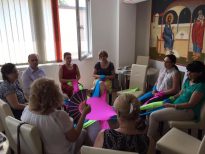



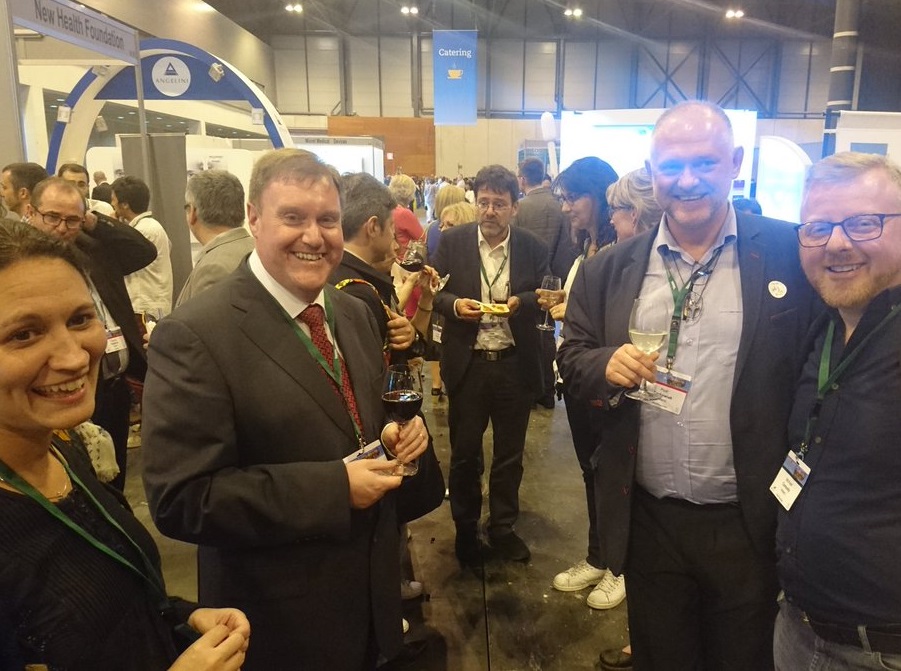
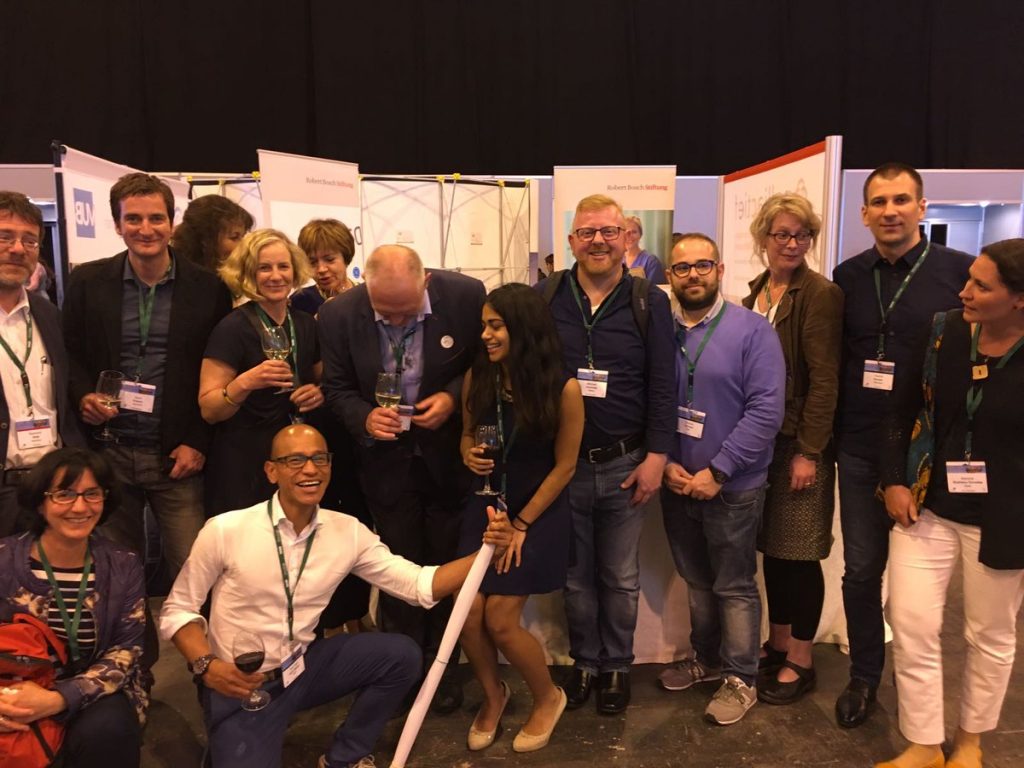 Madrid from the 18th to the 20th May. According to the EAPC Website, this year there were approximately 2,800 People in attendance from a wide variety of backgrounds in palliative care from both Europe and the wider international community.
Madrid from the 18th to the 20th May. According to the EAPC Website, this year there were approximately 2,800 People in attendance from a wide variety of backgrounds in palliative care from both Europe and the wider international community.